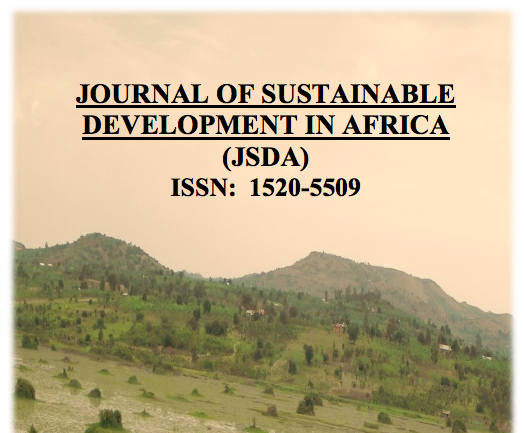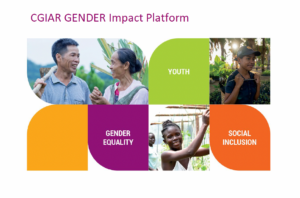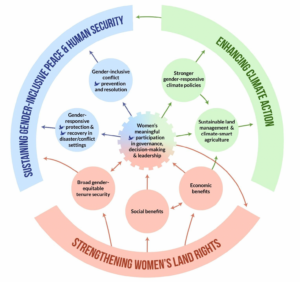ABSTRACT
The study was carried out to determine the level of women (dis)empowerment in agriculture among the participants of Livestock Management and Infrastructure Development (LIMID) Programme in Botswana with a view to establishing factors contributing to their (dis)empowerment status. A total of 370 women and 97 males within dual households of women beneficiaries were randomly selected. Five domains of Abbreviated Women’s Empowerment in Agriculture Index (A-WEAI) was used in analysing women (dis)empowerment. The results showed that women beneficiaries were not empowered in agriculture. While decision making in household income was considered to be less contributing to women’s disempowerment; workload/time-use was highly detrimental to women’s empowerment. The women’s empowerment status is almost satisfactory but there is room for improvement. Policy makers should consider socioeconomic factors to ensure sustanaible rural development. Gender transformation and agricultural incubation framework be developed to promote sustainable agricultural production and sustainainability of the LIMID programme on women’s empowerment.
Authors: Masa Veronicah Motaung, Martin Bosompem, Albert Obeng Mensah, and Philip Jimia Kamanda
Source: Journal of Sustainable Development in Africa (Volume 25, No.1, 2023)




